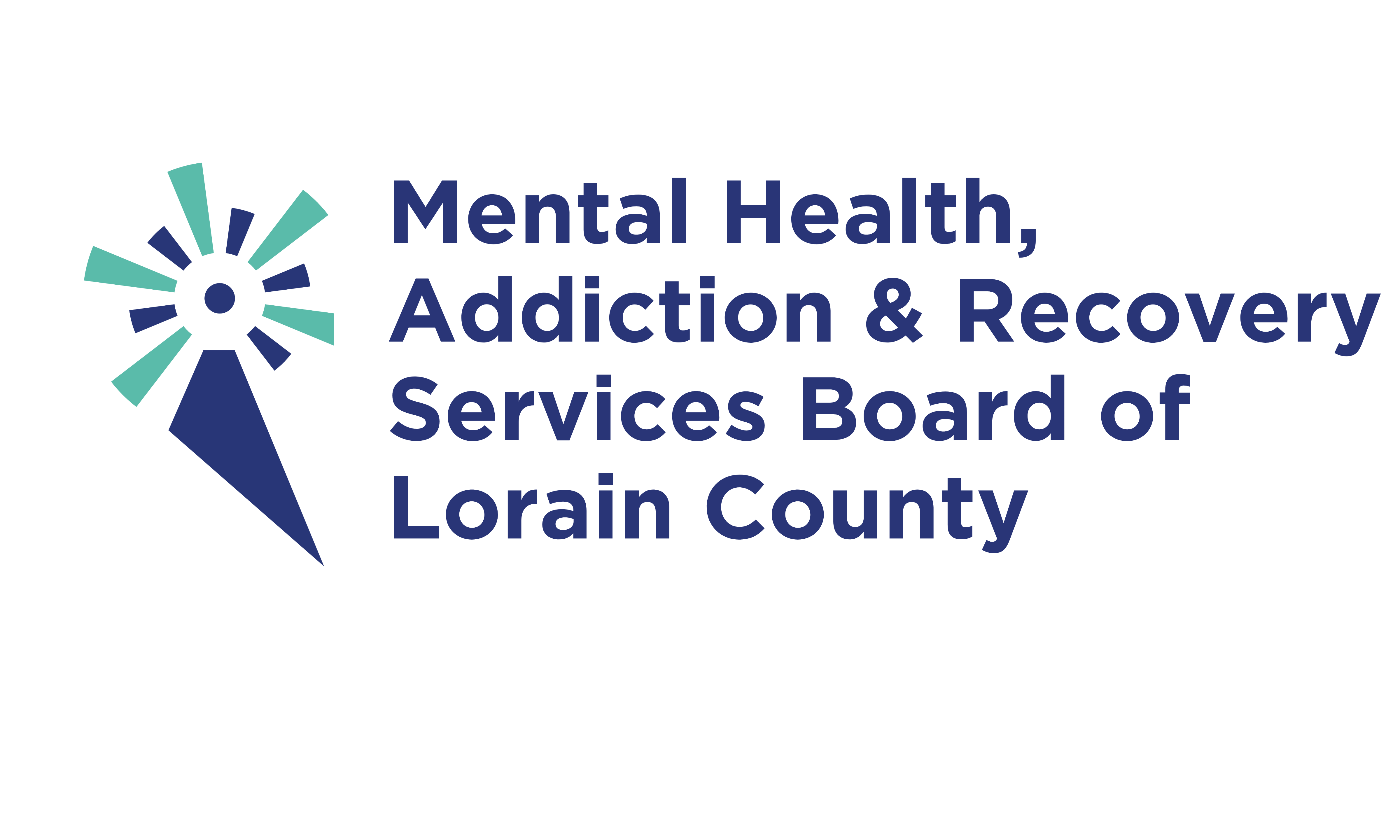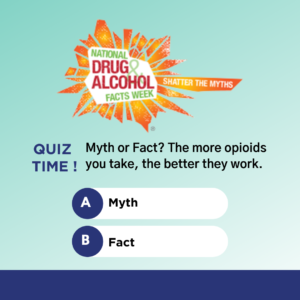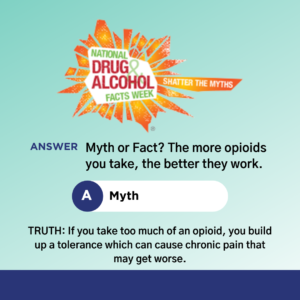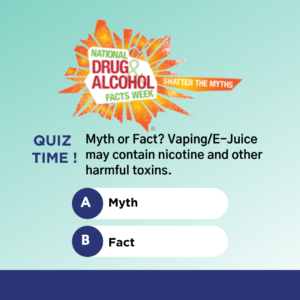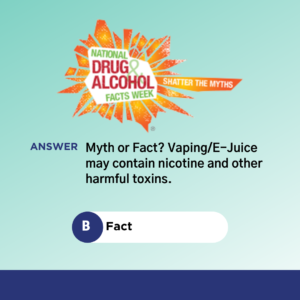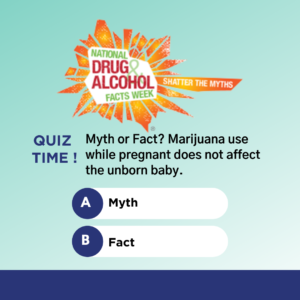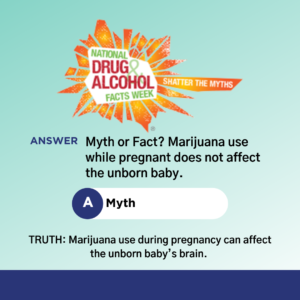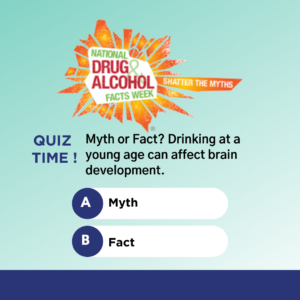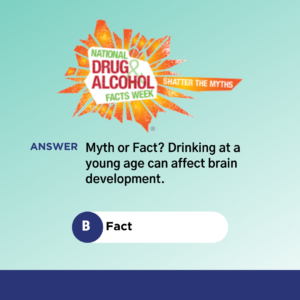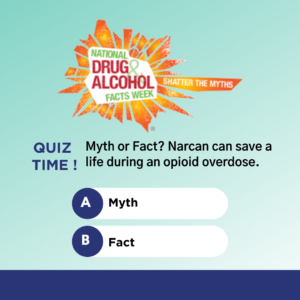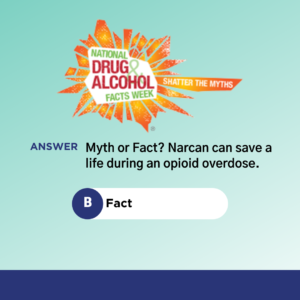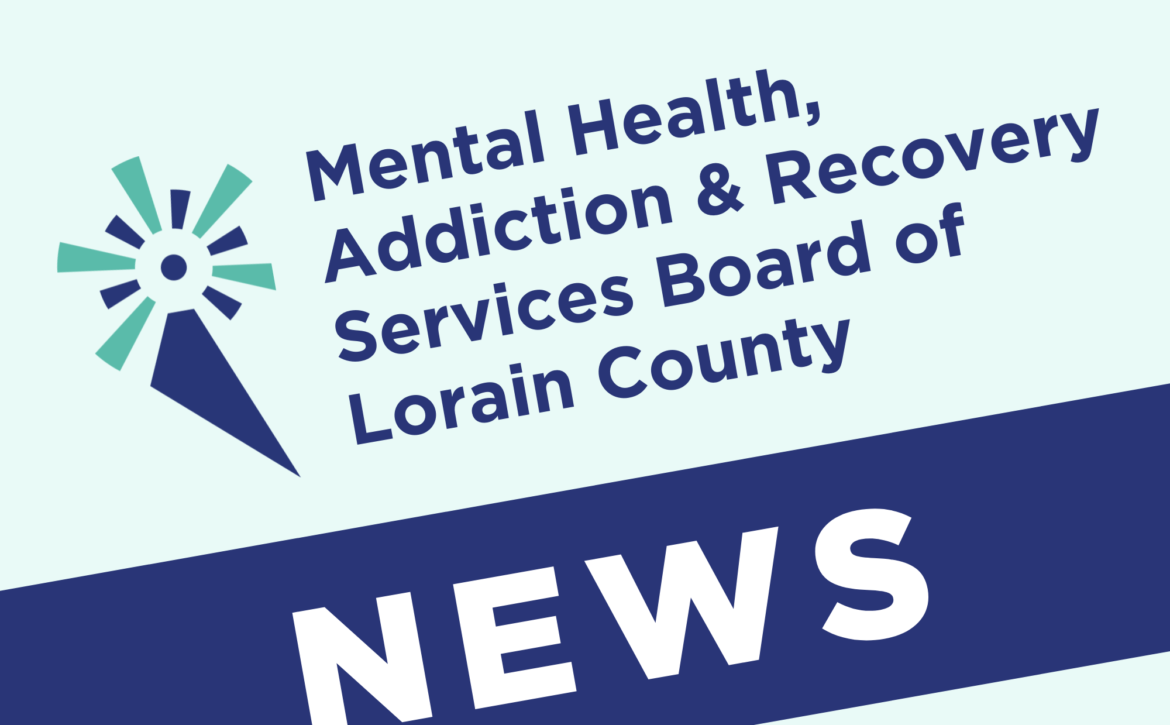
Fentanyl Has Increased Overdoses in Lorain County
Learn More
Mental Health, Addiction & Recovery Services Board of Lorain County Announces Fiscal Year 2023 Allocations
LORAIN, OHIO – At its last meeting, the Mental Health, Addiction and Recovery Services (MHARS) Board of Lorain County’s Board of Directors approved a series of budget allocations to provider agencies for fiscal year 2023.
“As the funding agency for behavioral health services in Lorain County, we value the process of transparency in allocating dollars to the network of behavioral health providers in our area who directly serve individuals and families in need of help,” said MHARS Executive Director Michael Doud. “Approximately 16,000 Lorain County residents received mental health and recovery services across our network in 2020, providing the high level of care we have come to expect in Lorain County.”
Below are the agencies receiving FY23 budget year allocations totaling $14,147,826:
- Applewood Centers Inc.
- Beech Brook
- Bellefaire JCB
- Big Brothers Big Sisters of Lorain County
- El Centro
- Far West Center
- Firelands
- Gathering Hope House
- Genesis House Safe Harbor
- LCADA
- Let’s Get Real, Inc.
- Lorain Urban Minority Alcoholism and Drug Abuse Outreach Program (UMADAOP)
- Lutheran Metropolitan Ministry
- National Alliance on Mental Illness (NAMI) Lorain County
- Neighborhood Alliance
- New Directions
- New Sunrise Properties
- The Nord Center
- OhioGuidestone
- Pathways
- Road to Hope
- Silver Maple
- Stella Maris
The MHARS Board staff works with its Board of Directors’ Community Planning and Oversight Committee to make budget recommendations to its Finance Committee. The process requires extensive dialogue and collaboration with community partners. Those recommendations are then voted on by the entire board before they become final. Click here to view on our website the board packet containing the budget info referenced above.
About the MHARS Board
The Mental Health, Addiction and Recovery Services (MHARS) Board of Lorain County brings together the expertise, resources and proud histories of the Alcohol and Drug Addiction Services Board of Lorain County and the Lorain County Board of Mental Health. The people served by mental health and substance use disorder systems have a common goal – recovery. Consolidating the county’s addiction and mental health partners strengthens our ability to coordinate treatment and recovery services, which helps us improve the lives of our clients, their loved ones and the community. Our goal is to maximize delivery of these health services. It means providing the right care, in the right setting, at the right time. Follow us on Facebook and Instagram or connect with us on our website at www.mharslc.org.
Learn More
MHARS Board Observes June as Pride Month
June marks Pride Month in the United States. The Mental Health, Addiction and Recovery Services (MHARS) Board of Lorain County supports access to services for all community members and understands the impact that support, inclusion and empathy can have. The celebration of Pride symbolizes the recognition, inclusion and vitality of LGBTQIA+ individuals.
To highlight the importance of access to mental health care, affirming services and life-saving support, last year’s National Survey on LGBTQ Youth Mental Health 2021 found that:
- 42% of LGBTQ youth seriously considered attempting suicide in the past year, including more than half of transgender and nonbinary youth.
- 12% of white youth attempted suicide compared to 31% of Native/Indigenous youth, 21% of Black youth, 21% of multiracial youth, 18% of Latinx youth, and 12% of Asian/Pacific Islander youth.
- 94% of LGBTQ youth reported that recent politics negatively impacted their mental health.
- More than 80% of LGBTQ youth stated that COVID-19 made their living situation more stressful — and only 1 in 3 LGBTQ youth found their home to be LGBTQ-affirming.
- 70% of LGBTQ youth stated that their mental health was “poor” most of the time or always during COVID-19.
- 48% of LGBTQ youth reported they wanted counseling from a mental health professional but were unable to receive it in the past year.
- 30% of LGBTQ youth experienced food insecurity in the past month, including half of all Native/Indigenous LGBTQ youth. 75% of LGBTQ youth reported that they had experienced discrimination based on their sexual orientation or gender identity at least once in their lifetime.
- Half of all LGBTQ youth of color reported discrimination based on their race/ethnicity in the past year, including 67% of Black LGBTQ youth and 60% of Asian/Pacific Islander LGBTQ youth.
- 13% of LGBTQ youth reported being subjected to conversion therapy, with 83% reporting it occurred when they were under age 18.
- Transgender and nonbinary youth who reported having pronouns respected by all of the people they lived with attempted suicide at half the rate of those who did not have their pronouns respected by anyone with whom they lived.
- Transgender and nonbinary youth who were able to change their name and/or gender marker on legal documents, such as driver’s licenses and birth certificates, reported lower rates of attempting suicide.
- LGBTQ youth who had access to spaces that affirmed their sexual orientation and gender identity reported lower rates of attempting suicide.
Check out The Trevor Project National Survey to view interactive survey results and to learn more about the relationship between mental health, support and access to affirming services.
Learn More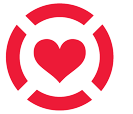
Free Overdose Lifeline Trainings Available
Overdose Lifeline training courses are offered for free in Lorain County. These courses are aimed at educating and training the public on addiction, the opioid crisis, combating stigma, harm reduction and more. They are also available for youth and adults. Upon completion of courses, a certificate will be sent to participants, which is valid for three years.
What Courses are Offered?
- The Opioid Public Health Crisis: understanding foundational knowledge of the nationwide opioid public health crisis, solutions and action to take to to reduce the epidemic’s effects, understanding the potential misuse of opioids, risk factors, and suggested prevention and reduction methods.
- Guide to Harm Reduction: convey a working understanding of harm reduction, understanding of harm reduction principles and services, and what it means to practice harm reduction.
- The Brain and the Disease of Addiction: how the brain is affected by substances and how the disease of addiction develops.
- Medication Assisted Treatment: understanding the role of Medication Assisted Treatment (MAT) in treating Opioid Use Disorder and understanding MAT as a part of comprehensive medication-assisted recovery.
- Removing the Shame and Stigma of Substance Use Disorder: learn about the consequences of shame and stigma associated with addiction, review reasons addiction is stigmatized, explore solutions to address shame and stigma, identify the shame and stigma, and recognize negative beliefs associated with a person, issue or circumstance often based on assumptions rather than facts.
Why Get Trained?
Accidental overdoses led to 140 fatalities last year in Lorain County. These trainings offer a way to learn about the epidemic and ways to help others struggling with substance use disorder. Addiction is a medical disease that can affect anyone, and it is important for all of us to learn more about it and to remove the stigma surrounding it.
How To Get Started
Contact Jinx Mastney at (440) 434-5711 or JMastney@mharslc.org to request a training for your faith community, school, workplace, civic organization or other group.
Learn more about Overdose Lifeline Training Courses and how to connect HERE.
Learn More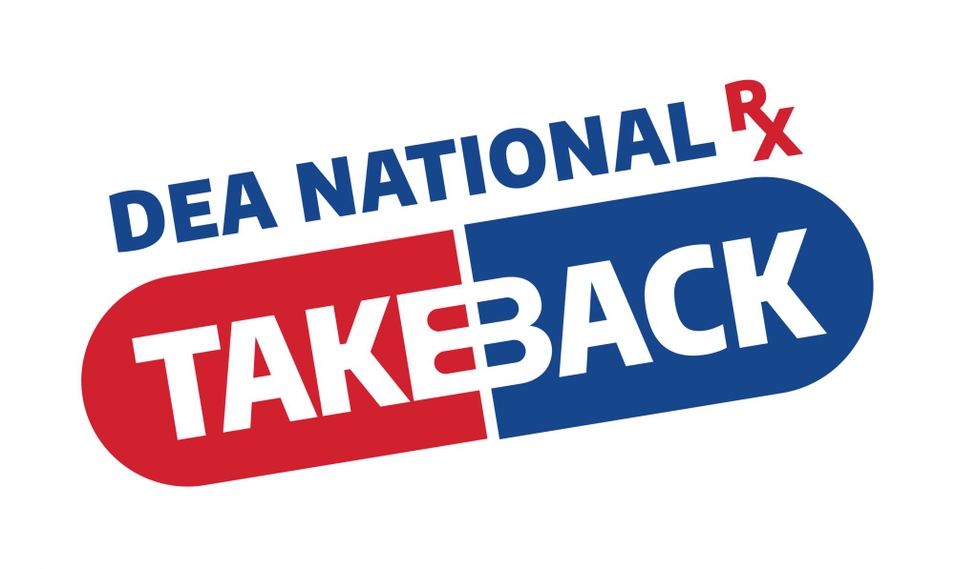
National Prescription Drug Take Back Day is April 30
LORAIN, OHIO – The Mental Health, Addiction and Recovery Services (MHARS) Board of Lorain County and its partners announce that National Prescription Drug Take Back Day will take place on April 30, 2022. In October 2021, Lorain County Drug Take Back events resulted in the collection of 4,381 pounds of prescription drugs.
From 10 a.m. to 2 p.m., volunteers will provide free locking medication safes and other drug safety resources across the county at the locations noted below with an asterisk. At the locations listed without an asterisk, visitors can drop off their medications with law enforcement officers or other personnel for disposal. All are encouraged to clean out their medicine cabinets of potentially harmful drugs by safely disposing of them at this free, confidential annual event.
Locations in Lorain County include:
| *Amherst Police Department | 911 North Lake St. 44001 |
| *Avon Lake Police Department | 32855 Walker Rd. 44012 |
| Avon Police Department | 36145 Detroit Rd. 44011 |
| Columbia Township Fire Department | 25540 Royalton Rd. 44028 |
| *Elyria Police Department | 18 West Ave. 44035 |
| *Grafton Police Department | 1009 Chestnut St. 44044 |
| *Kipton Police Department | 299 State St. 44049 |
| LaGrange Police Department | 301 Liberty St. 44050 |
| *Lorain County Sheriff’s Office | 9896 Murray Ridge Rd. 44035 |
| * Lorain Police Department | 200 West Erie Ave. 44052 |
| *North Ridgeville Department | 7303 Avon-Belden Rd. 44039 |
| Oberlin Police Department | 85 South Main St. 44074 |
| *Sheffield Lake Police Department | 609 Harris Rd. 44054 |
| Sheffield Village Police Department | 4340 Colorado Ave. 44054 |
| *Vermilion Police Department | 5791 Liberty Ave. 44089 |
| *Wellington Police Department | 117 Willard Memorial Square 44090 |
*Locations with volunteers
“Lorain County continues to see the detrimental effects of the opioid crisis,” said Michael Doud, Executive Director of the MHARS Board of Lorain County. “Drug Take Back Day is an opportunity for us all to do our part to ensure that drugs that have potential for misuse do not end up in the hands of those struggling with substance use disorder.”
The National Prescription Drug Take Back Day addresses a crucial public safety and public health issue. According to the 2020 National Survey on Drug Use and Health, 9.5 million people misused opioids in the year prior. More than 9.3 million people misused prescription pain relievers. In 2020, 40.3 million people aged 12 or older (or 14.5%) had a substance use disorder in the previous year. In Quarter 4 of 2020, 10.9 million users of drugs other than alcohol perceived that they were using these substances “a little more or much more” than they did before the COVID-19 pandemic began, according to the survey data. The effort is led nationally by the Drug Enforcement Administration.
For more information visit www.mharslc.org/recovery.
About the MHARS Board
The Mental Health, Addiction and Recovery Services (MHARS) Board of Lorain County brings together the expertise, resources and proud histories of the Alcohol and Drug Addiction Services Board of Lorain County and the Lorain County Board of Mental Health. The people served by mental health and substance use disorder systems have a common goal – recovery. Consolidating the county’s addiction and mental health partners strengthens our ability to coordinate treatment and recovery services, which helps us improve the lives of our clients, their loved ones and the community. Our goal is to maximize delivery of these health services. It means providing the right care, in the right setting, at the right time. Follow us on Facebook and Instagram or connect with us on our website at www.mharslc.org.
Learn More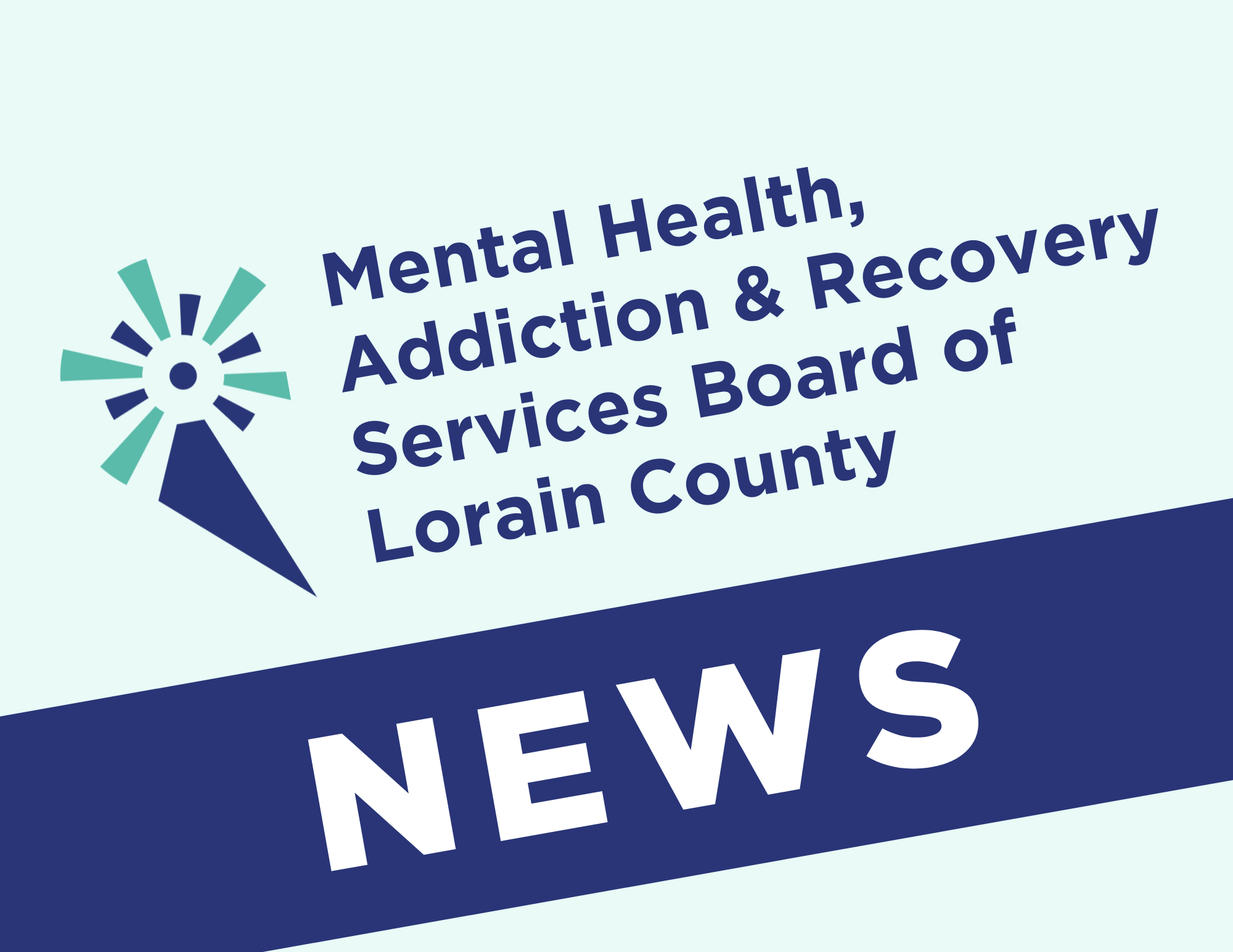
$1.5 Million Awarded by US Congress to Fund Lorain County Crisis Receiving Center
From Joint Release with The Nord Center:
The Nord Center applied for and was awarded $1.5 million in Congressionally Directed Spending. This request was made through United States Senator Sherrod Brown who worked to make this funding a reality.
This earmarked federal funding underlines of The Nord Center’s commitment to being an active and meaningful participant in the new Lorain County Crisis Receiving Center. The federal funds awarded to this project in combination with the funding received already from the Mental Health, Addiction and Recovery Services (MHARS) Board of Lorain County , the Lorain County Commissioners, the Nord Family Foundation, and the Bass Family, set the stage in Lorain County for breakthrough behavioral health and substance use disorder crisis care.
This center, based on a best practice model used successfully elsewhere in the country, will expand the County’s capacity to provide inpatient detoxification services and revolutionize the care continuum for behavioral health and substance use disorder in Lorain County.
“The Lorain County Crisis Receiving Center project has been the culmination of many years’ work and support from countless members of our community. They include civic leadership, healthcare, schools, law enforcement, courts, both state and federal legislators, philanthropic organizations and private business owners,” said Don Schiffbauer, Nord Center CEO. “Our local emergency rooms and law enforcement agencies are currently the treatment choice options for those in crisis. This center will provide a therapeutic, warm and welcoming setting in which to facilitate recovery by providing help through medication stabilization, access to case management, counseling services and appropriate assessment. Providers can also triage on-site for the right level of care, making seamless connections to community resources that will facilitate the recovery and healing process.”
The planned Crisis Receiving Center is an alternative and much improved vision for how Lorain County provides behavioral health and substance use disorder care. The project will enhance the crisis continuum in Lorain County with a first-of-its-kind facility to treat those experiencing a mental health or substance use disorder crisis. The project owner will be the Mental Health, Addiction and Recovery Services (MHARS) Board of Lorain County in partnership with The Nord Center, The LCADA Way and many other valuable community partners.
Currently, residents of Lorain County, experiencing a behavioral health crisis or substance use disorder emergency, primarily have two options: go to an emergency department at potentially great expense to the patient and to the community; or be taken to jail, which can overburden local law-enforcement agencies.
In the Crisis Receiving Center model, people can receive rapid counseling, medication stabilization and assessment with immediate access to an appropriate level of care in a setting that is warm, inviting and therapeutic to both clients and their families and friends.
In addition to significantly benefitting clients and their families, a Crisis Receiving Center also benefits the community by reducing crowding in emergency rooms and decreasing the use of law enforcement personnel for crisis management. This because, at a Crisis Receiving Center, law enforcement can drop a client off in a matter of minutes rather than potentially spending hours waiting with them at an emergency department.
“We thank you, Senator Brown, for this critically important investment in strengthening the crisis continuum in Lorain County,” said Michael Doud, Executive Director of the MHARS Board of Lorain County. “This funding will help bring this first-of-its-kind facility closer to opening its doors to anyone in our county experiencing a mental health or substance use disorder crisis.”
Learn More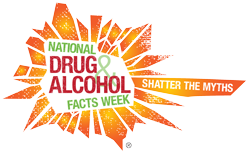
National Drug and Alcohol Facts Week
March 21 – 27, 2022 is National Drug and Alcohol Facts Week
What is National Drug and Alcohol Facts Week? NDAFW is an annual, nationwide observance of drug and alcohol use among youth. It was first launched in 2010 by the National Institute of Drug Abuse (NIDA).
DID YOU KNOW?
- Narcan can save a person’s life during an opioid overdose.
- Young people who vaped are four times more likely to start smoking cigarettes.
- Vaping can cause sinus infections, nose bleeds and asthma.
- Smoking marijuana can cause damage to the lungs.
- People who drink before the age of 15 are five times more likely to become addicted to alcohol.
- People ages 12-20 drink 4% of all alcohol consumed in the United States.
So, What Can You Do?
If you or someone you may know has been experiencing issues with drug or alcohol abuse, there are many providers in Lorain County who can assist. Check out the Provider Agencies directory to find the right provider for you or your loved one.
Interested in Expanding Your Knowledge About Drugs and Alcohol?
Check out the MHARS Board NDFAW 2022 Activity Workbook! Also check out NDFAW’s Drug and Alcohol Facts Kahoot! Follow us on Facebook and Instagram to view important facts throughout NDFAW.
Need immediate help?
- 24/7 Crisis Hotline: 1-800-888-6161
- 24/7 Alcohol and Drug Helpline for Lorain County: 440-989-4900
- 24/7 Crisis Text Line: Text 4HOPE to 741-741
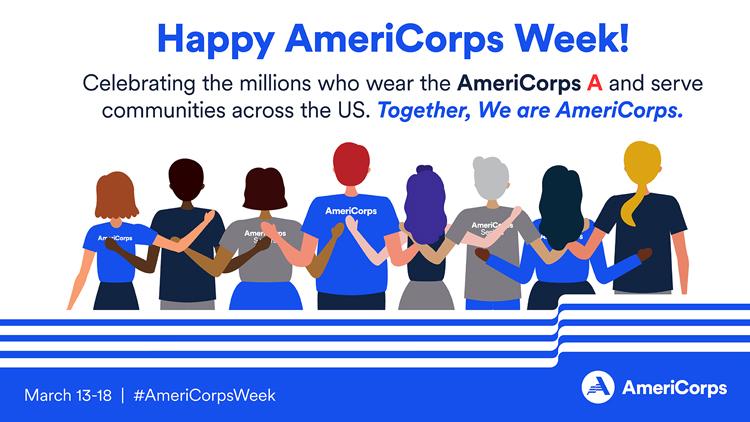
AmeriCorps Week
March 13 – 19 is AmeriCorps Week!
AmeriCorps is an organization that serves people throughout the United States, in areas such as education, economics, disaster response, and providing healthy futures for those that are in need. AmeriCorps Week was created to celebrate the hard work and services that AmeriCorps members provide year-round. At the MHARS Board of Lorain County, Andrea Sedlacek works as our AmeriCorps VISTA member.
Andrea Sedlacek graduated from Bowling Green State University in 2020 with her BS in Criminal Justice, as well as graduating in 2021 from Bowling Green State University with her Masters in Criminal Justice. After graduating in 2021, Sedlacek joined the MHARS Board as the AmeriCorps VISTA worker.
Andrea has been an important member of the MHARS Board, working on different grants and projects for Lorain County. She has worked on the Ohio Collaborative Program Development grant under the Ohio Program for Campus Safety and Mental Health, which provides campus programming, such as suicide prevention training and mental health screenings. Sedlacek is also involved in the Harm Reduction and Family branch and participates in Drug Take Back Day and International Overdose Awareness Day.
Thank you Andrea for everything you do for the Board and the community!
Learn More
LCOAT Family Support Branch Debuts Resource Guide
The Lorain County Opioid Action Team’s (LCOAT) Family Support Branch has created a new resource guide for families affected by substance use disorder.
When a loved one struggles with addiction, we may not know how to help. This guide is designed by family members of those struggling with substance use disorder to make the process of finding help a little easier.
Click here to download the printable It’s OK to Talk About It guide.
Learn More